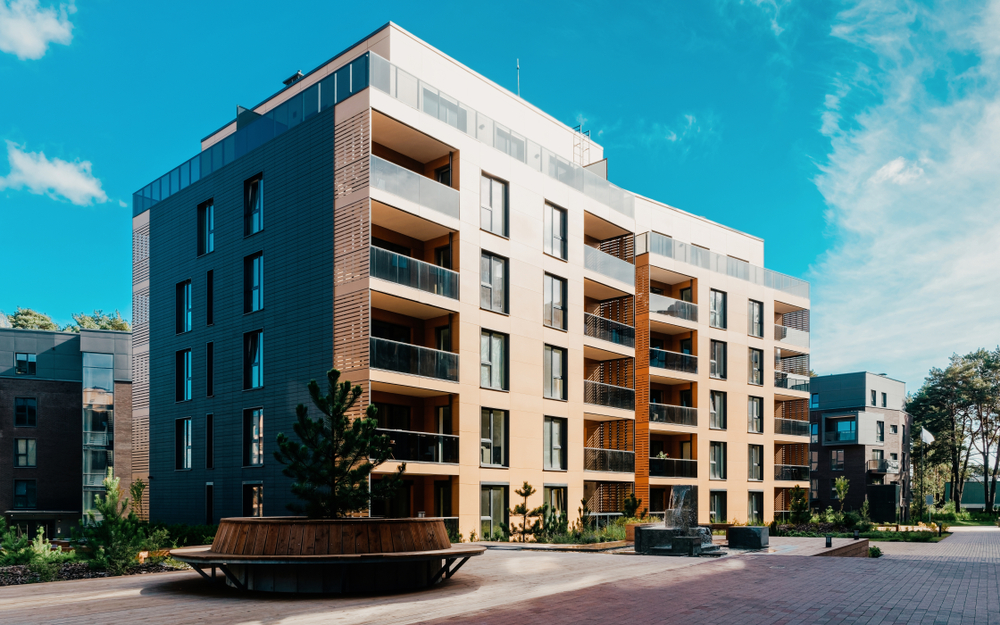Living in a condominium offers many benefits, but it also comes with the challenge of shared walls and close proximity to neighbors. Noise complaints are a common issue in condo communities, and if not handled effectively, they can lead to disputes, legal action, and a breakdown of community harmony.
In this article, we’ll delve into the legal aspects of managing noise complaints in condominiums. We’ll explore the roles of Homeowners Associations (HOAs) and condo associations, the legal framework surrounding noise regulations, and practical solutions to address noise issues and foster a peaceful living environment.
Understanding Noise Regulations
Most HOAs and condo associations have specific rules and regulations regarding noise levels and acceptable hours for certain activities. These rules are typically outlined in the community’s governing documents, such as the Covenants, Conditions, and Restrictions (CC&Rs).
Typical noise regulations may include:
- Quiet hours: Restrictions on noise levels during specific times, usually at night and early morning.
- Maximum noise levels: Limits on decibel levels for various activities, such as music, parties, and construction.
- Restrictions on specific noise sources: Rules regarding pets, musical instruments, and other potential noise sources.
It’s important for both residents and management to be familiar with these regulations to ensure compliance and avoid conflicts. If you need assistance with understanding or enforcing your community’s CC&Rs, you can learn more about our CC&R rules enforcement services.
Role of HOA and Condo Associations
HOAs and condo associations play a crucial role in managing noise complaints and maintaining a peaceful community. Their responsibilities include:
- Enforcing noise regulations: The association is responsible for ensuring that residents comply with the community’s noise rules.
- Handling noise complaints: Establishing a clear procedure for residents to report noise complaints and for the association to investigate and address these complaints.
- Mediating disputes: Facilitating communication and conflict resolution between residents involved in noise disputes.
- Taking disciplinary action: If necessary, imposing fines or other penalties on residents who repeatedly violate noise regulations.
Legal Perspectives on Noise Complaints
While HOAs and condo associations have the authority to enforce their own noise regulations, residents also have legal rights regarding noise. These rights may include:
The right to quiet enjoyment, which is the right to enjoy their property without unreasonable interference from noise.
Protection against nuisance, which is your legal recourse when noise from a neighbor constitutes a nuisance, significantly interfering with quality of life.
If you’re facing persistent noise issues, here are some steps you can take:
- Communicate with your neighbor: Try to address the issue directly with your neighbor in a calm and respectful manner.
- File a formal complaint: If direct communication doesn’t resolve the issue, file a formal complaint with your HOA or condo association.
- Mediation: Consider participating in mediation to facilitate communication and find a mutually agreeable solution.
- Seek legal advice: If all else fails, consult with an attorney to explore your legal options, which may include filing a lawsuit against your neighbor or the association.
Manning & Meyers can provide you with expert legal advice for noise complaints and guide you through the legal process if necessary.
Practical Solutions for Managing Noise
In addition to legal remedies, there are several practical solutions that residents and management can implement to prevent and manage noise issues:
For Residents
- Be considerate of your neighbors. Keep noise levels down, especially during quiet hours.
- Use soundproofing techniques. Install carpets, rugs, or soundproofing materials to reduce noise transmission.
- Communicate openly. If you’re planning a noisy activity, let your neighbors know in advance.
For HOAs and Condo Associations
- Educate residents. Regularly remind residents of the community’s noise regulations and the importance of being considerate.
- Offer mediation services. Provide resources for residents to resolve noise disputes through mediation.
- Consider architectural solutions. If noise issues persist, explore options for soundproofing common areas or upgrading building materials to improve sound insulation.
How Manning and Meyers Can Help
Managing noise complaints in condominiums requires a combination of clear regulations, effective enforcement, and proactive communication. By understanding your rights and responsibilities and implementing practical solutions, you can help create a harmonious living environment for everyone in your community.
If you’re dealing with noise issues in your condo and need legal guidance, don’t hesitate to contact Manning & Meyers. We’re here to help you navigate the complexities of HOA and condominium law and find effective solutions to your legal challenges.


